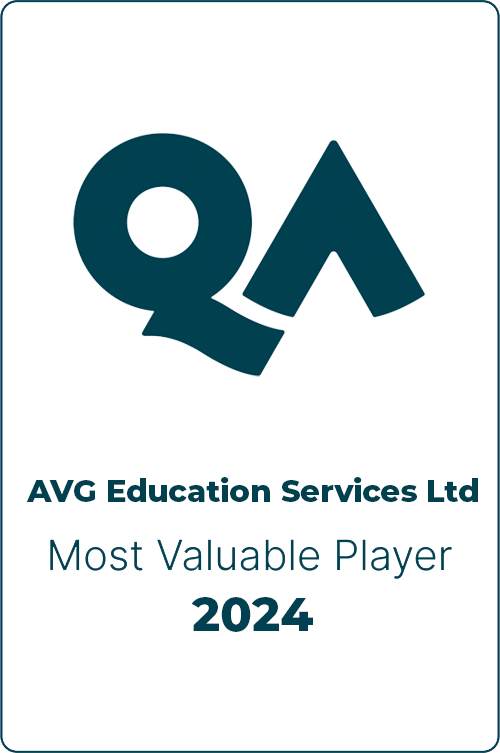- Minimum age: 18 years
- Applicants must provide proof of highest qualification obtained (e.g. high school diploma/baccalaureate/level 3 diploma) or relevant work experience
- Students from abroad must demonstrate an approved level of proficiency in the use of English
- Students must attend an interview with a member of the admissions team
- Students must bring original diplomas at the time of registration
BSc (Hons) Sport and Exercise Nutrition

Course Features
Campus:
London
Duration:
3 years
Available Starts:
January/April/August/September
Tariff Points:
N/A
Institution Code:
Information about course
- Overview
- Structure and content
- Teaching and assessment
- Entry requirements
- Employability
Sports nutrition is on the rise both as a field of scientific inquiry and as a general everyday concern for people. This course meets standards imposed by the Sport and Exercise Nutrition Register and students have access to excellent sports facilities. Learn about the factors that contribute to success in sports, studying the science and practice of sports nutrition.
- Throughout the 3 years, students go through a number of modules, focusing on different sub-fields of sport and exercise nutrition. Along with different elective modules, the core ones include:
- Energy and nutrition
- Micronutrients
- Physiology of exercise
- Food science
- Skills for nutritionists
- Sports nutrition
- Nutrition and the athlete
- Research project
Optional modules include:
- Nutritional biochemistry
- Experience and employment in sport & business
- Nutrition and PA for health and disease prevention
- Weight management, applied sport psychology
- Environmental physiology
- Building a start-up business
- Assessment
- The array of different assessments employed throughout this course will help students develop the necessary skills for both academic and employability purposes. These methods include presentations, essays and online assignments, but also practical and written exams. Students will receive feedback on all assessments within three weeks.
Some of the most frequent career options among graduates include:
- Exercise physiologist
- Gym manager, personal trainer
- Sports administrator
- Sports coach
- Sports therapist
- Sports development officer
- Health improvement practitioner
- Sports and exercise psychologist










